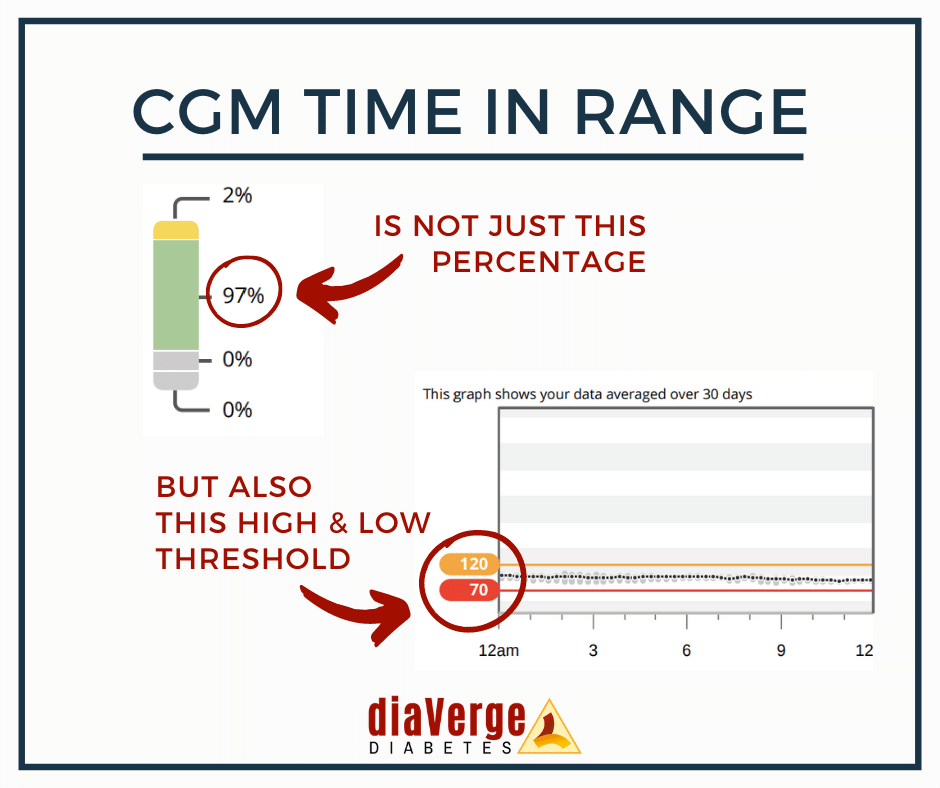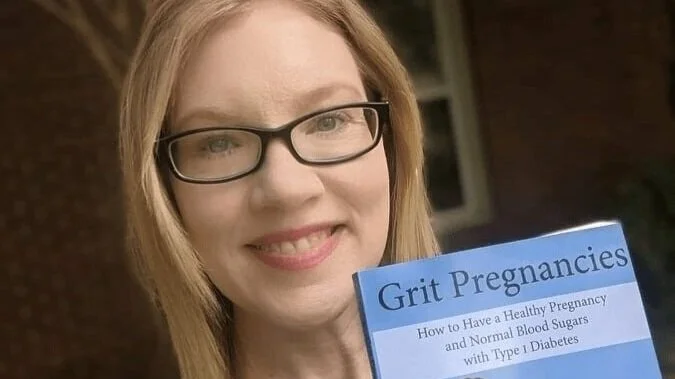What is Time in Range and why does it matter for us?
Time in Range (TIR) is another scale for diabetes management that is measured as a percentage of time your blood sugar stays within a predetermined range. You can easily see your Time in Range if you use Dexcom, Eversense, or Guardian GCM - or a flash glucose monitor such as Freestyle Libre.
Your online reports will include Time in Range.
If you don't use a Continuous Glucose monitor (CGM), you can still find your Time in Range by using a bluetooth-enabled blood glucose meter with accompanying app, or by testing your blood sugar level frequently and manually entering your blood sugar data into an app such as MySugr or Diabetes:M.
We see Time in Range thrown around a lot online, with people bragging, for example, "I have 90% (or even 100%) Time in Range!"
The main detail MISSING in many of these posts is the threshold numbers chosen to create the range.
For example, if the blood sugar threshold range is set at 100-250 mg/dL (5.5-13.9 mmol/L) and someone is achieving a 97% time in range, that is VERY different from someone like the example shown above who uses a tight range of 70-120 mg/dL (3.9- 6.7 mmol/L) and is achieving 97% time in range.
The first range example may mean the person has an average blood sugar of 200 mg/dl (11.1 mmol/L) while the second might be dramatically lower at 90 mg/dl (5.0 mmol/L) -- but both achieving the same 97% Time in Range - because their range settings are so drastically different.
The Takeaway:
Your Time in Range percentage can be a great tool when used WITH a tight high and low blood sugar threshold to create the range.
Without specifying your range thresholds, Time in Range means nothing.
If you’re sick of unpredictable blood sugar levels and believe there must be a better way, this is your sign.
>> You can achieve more steady, predictable blood sugars
diaVerge Coach Educators are all highly trained type 1s who are maintaining HbA1c levels in the high 4% and low 5% (with steady, predictable blood sugar levels!) and we help our clients do the same. No one should have to suffer with T1D.












Observations of a decade of low carb for T1D management. Has it been worth it? What are the regrets? And what has changed in that time.